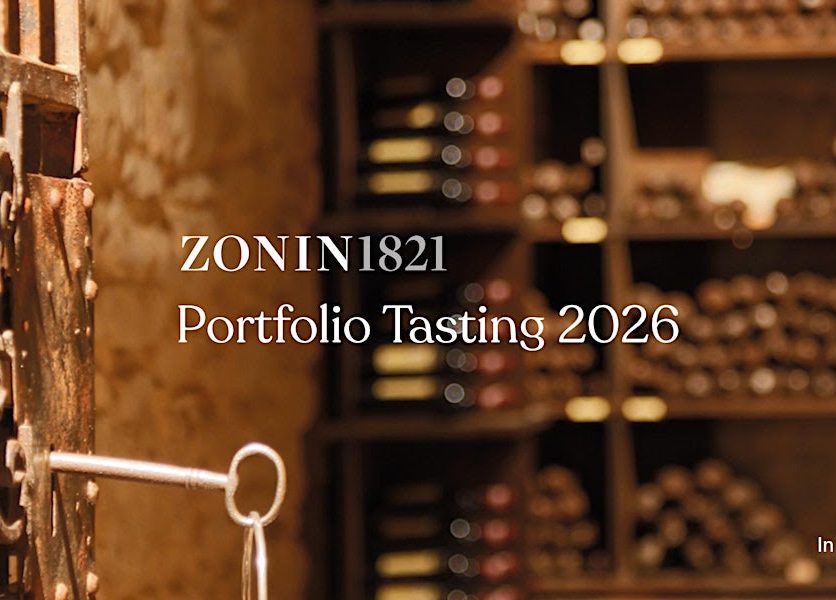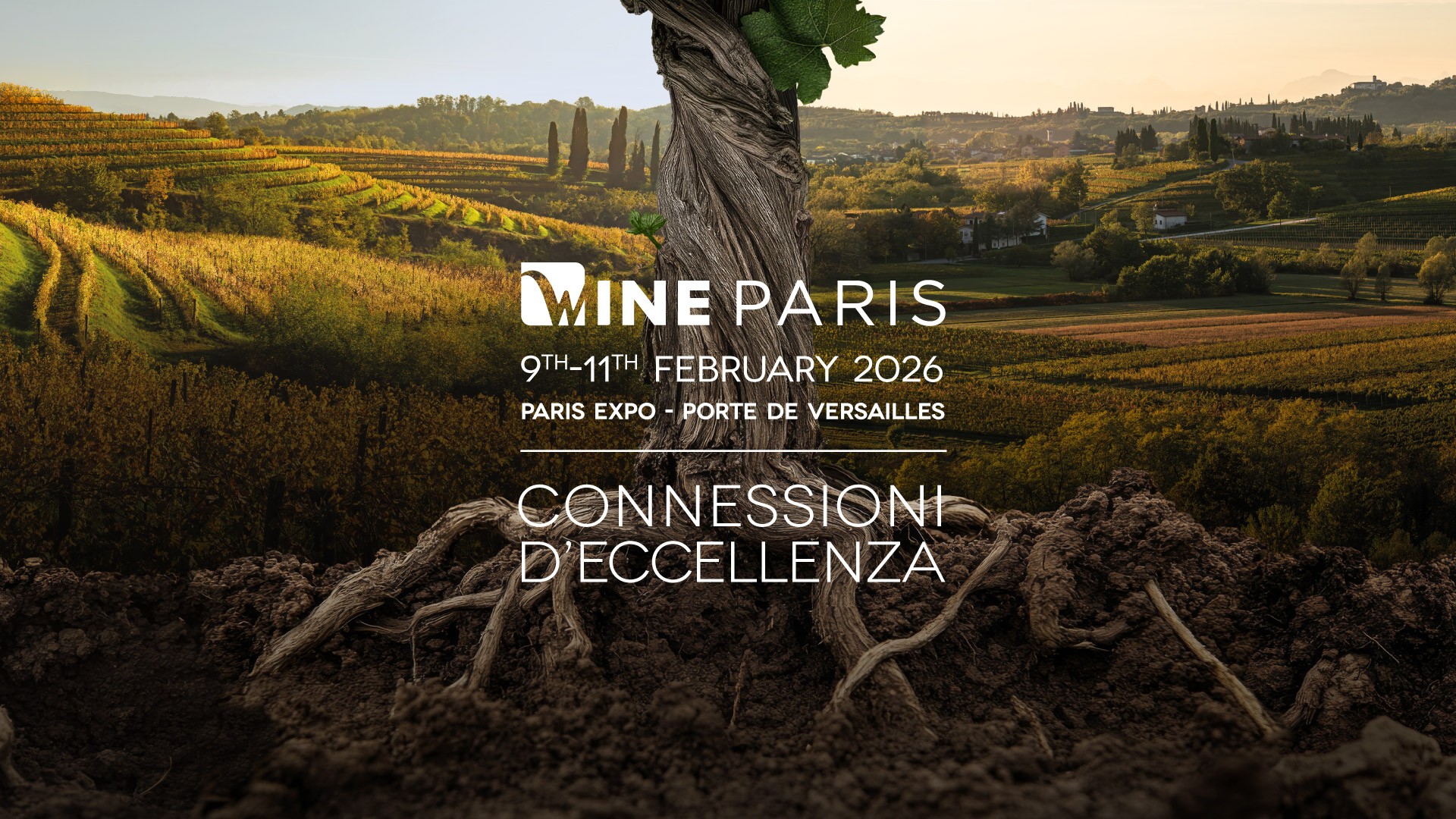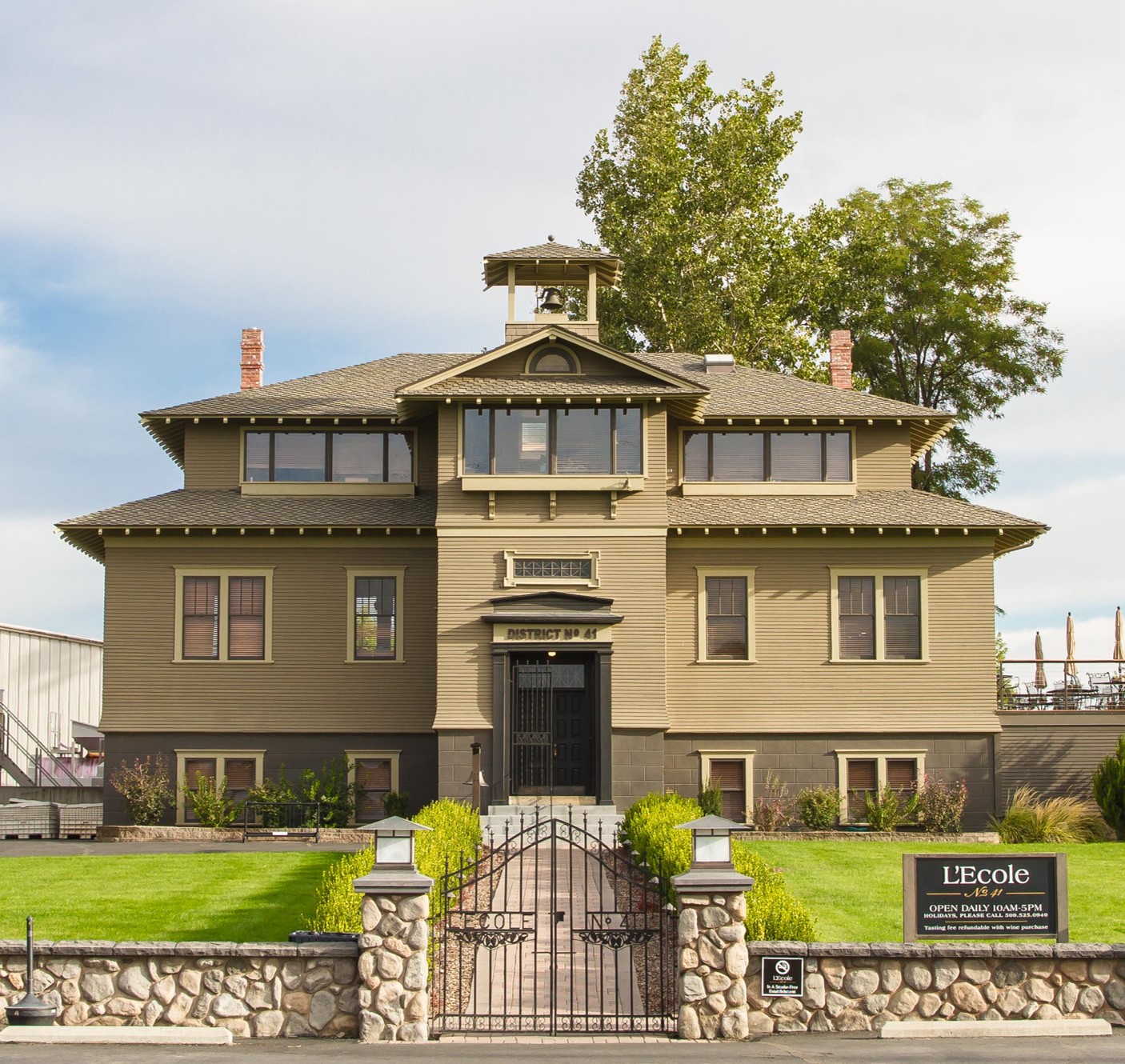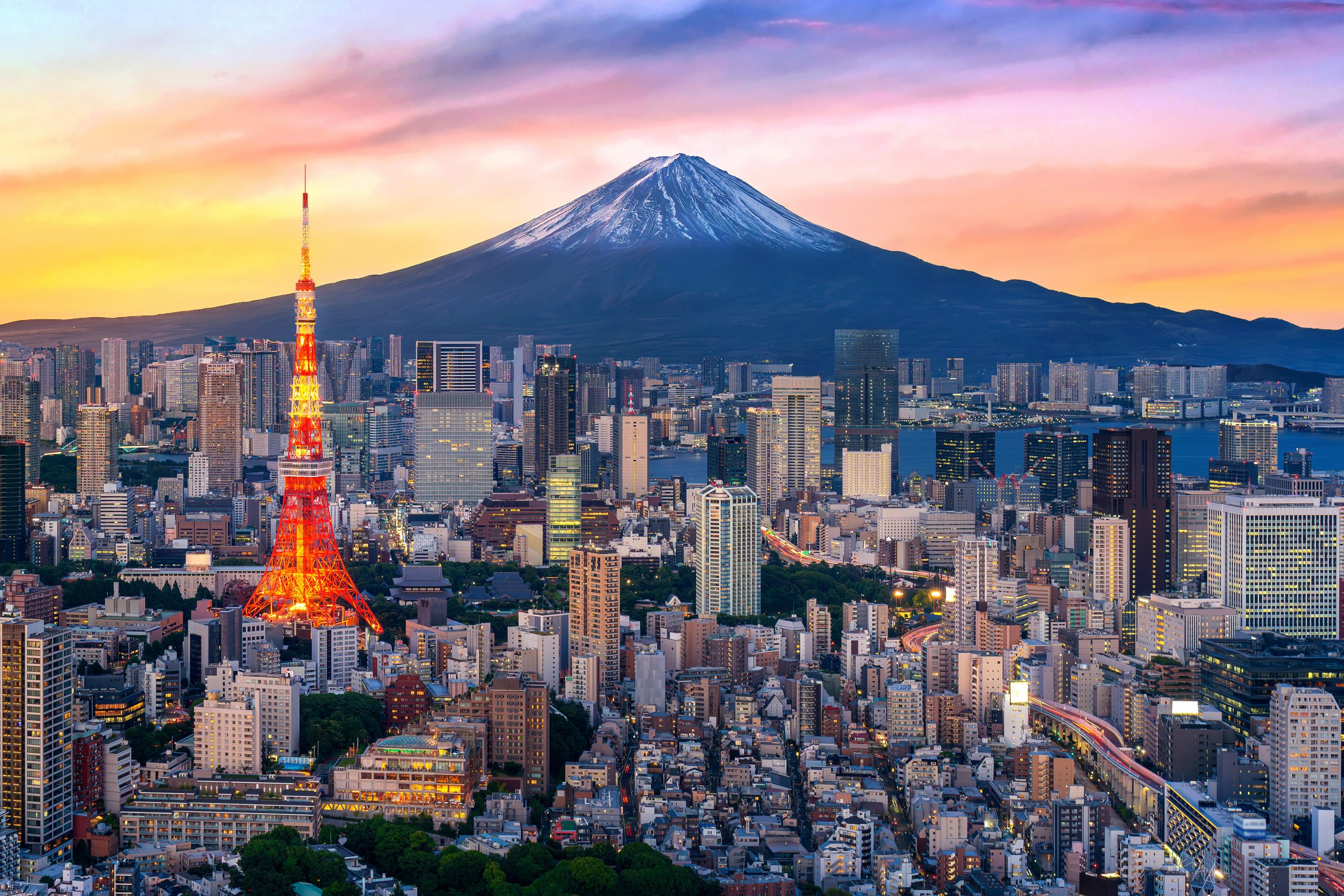Campari CEO seeks company takeover
The CEO of Italy’s Campari Group has said he is actively looking for a takeover to support its business expansion, with shareholders set to play a key part.
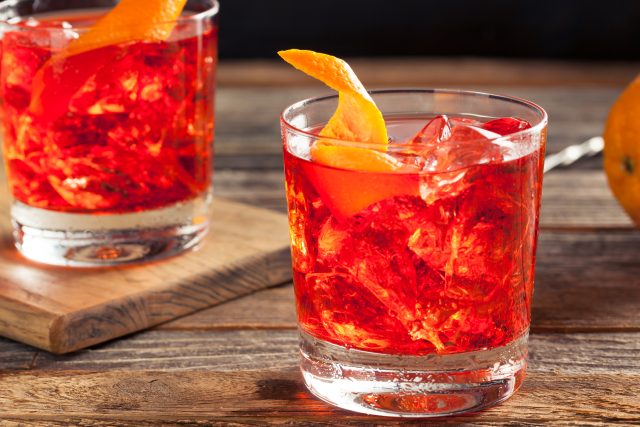
Chief executives of the major international drinks firms have suggestions for takeovers and mergers passing across their desks on an almost daily basis. Most they discard.
Nevertheless, they are all eager to plug gaps in their portfolios or make niche acquisitions of emerging brands where they believe they can add traction through marketing and distribution and especially premium pricing. Hence the flow of bolt-on deals in recent years.
But apart from parroting anodyne business school cliches about always looking for opportunities, it is rare for a CEO to advertise bluntly that he’s seeking a transformational takeover.
Yet that is what Bob Kunze-Concewitz, the head of Davide Campari Milano, did last week in an interview with the Wall Street Journal after unveiling his group’s very solid annual results.
“We have been gearing up for it organizationally [a big deal] for quite a long time,” he said.
There was a 60% rise in capital expenditure in 2022 on projects to boost production capacity and IT capabilities, and the report accompanying Campari’s figures revealed that “to support future demand” the group is “accelerating its medium-term capex across the supply chain.”
In particular it intends to double its overall production capacity for its key categories – aperitifs, Bourbon and Tequila.
He plans to accelerate capital expenditure by up to €600 million in the period up to 2025. Last year’s figure was €106 million.
Much of that will be spent on aperitif output in Piedmont, as well as at the Wild Turkey distillery in Kentucky and at the Espolon Tequila plant in Mexico.
That level of expenditure, Kunze-Concewitz said, will “enable us to manage a much larger business.”
It would also release larger economies of scale, reducing unit costs and creating stronger negotiating powers with suppliers of raw materials, energy and glass.
He is no slouch when it comes to adding to the Campari portfolio. Since he became CEO 16 years ago Kunze-Concewitz has transformed Campari from essentially an aperitifs producer into a global player in premium alcohols.
He has presided over some 40 acquisitions including Wild Turkey Bourbon, but in comparative terms Campari remains a small player on the global stage compared with Diageo and Pernod Ricard.
“We keep on turning a lot of stones,” he told the Wall Street Journal, “and when they are the right ones for us we pounce.”
There is little doubt where he wants to strike next. Campari holds a just 2.5% share of the US spirits market, the largest and most profitable. He wants a bigger slice of that cake.
Partner Content
Overall the group achieved organic net sales growth of 16.4% last year, having put on 40% globally since 2019. Net sales in the US were up 14% despite strong comparisons against 2021 when Uncle Sam celebrated the lifting of Covid restrictions.
Kunze-Concewitz has a strong record of brand building and pointed especially to Espolon, the Tequila brand he bought in 2008 for just US$27 million. Its sales grew by a third last year and by 40% in the final three months of the year.
Sarcastically he put down the idea of paying “a billion to Hollywood stars” as Diageo did to acquire Casamigos from George Clooney and his friends.
“This is a distillery we bought….and then took the little brand they had there and completely reworked it and then grew it,” he said in the interview.
He says that he is on the same “runway” with other brands.
There is little doubt that Campari wants more American brown spirits in its portfolio to make it broader based. The group is heavily dependent on Aperol (22% of group sales), which grew by almost 30% last year.
Wild Turkey, which contributes 8% of group sales, enjoyed 21.4% organic growth and will be boosted by last year’s purchase of Wilderness Trail and the distribution rights and a stake in Howler Head.
But the focus on America means Kunze-Concewitz is looking for much more.
Funding a major acquisition is unlikely to be a problem. While Campari’s net debt level has moved up in the past year to 2.4 times earnings before interest, taxes, depreciation and amortisation, that is not high by industry standards, so borrowing would be a possibility.
But Campari can also call on its shareholders. Having moved its legal domicile to Amsterdam a few years ago, it is subject to a Dutch law that will let it make a cash call on all shareholders without diluting the control of the Luxembourg company through which a 54% stake is held.
“For the right operation our majority shareholders will, I think, be open to raising equity because they could retain control of the company, he said.”
That could also allow new shares to be issued to the owners of a target company, giving them a stake in their brand’s future under Campari.
However Kunze-Concewitz decides to move, now that he has told everyone his chequebook is open, he is sure to receive a flow of proposals.
Related news
Diageo wins technology award for its spirits platform

